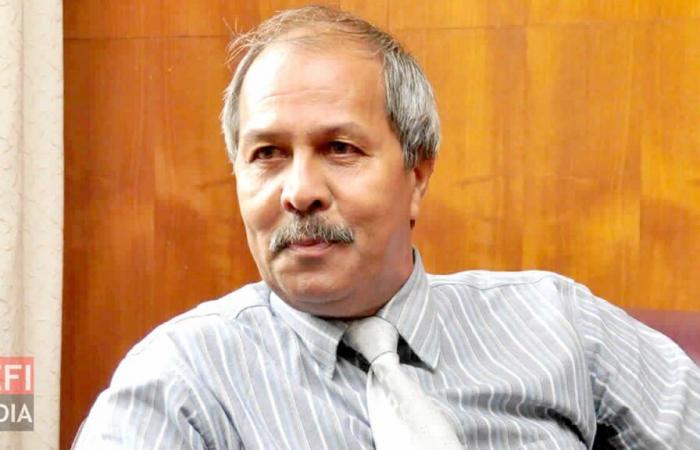Educator Jacques Malié shares his analysis of successes and failures in the education sector over the last decade. He emphasizes the importance of enlightened leadership and the contribution of experienced experts to guide the necessary reforms.
What do you think has gone wrong over the last ten years?
We must not be negative and conclude that nothing constructive has been accomplished. We can highlight progress such as a reduction in competitive pressure from primary school which already left certain students, especially those from certain disadvantaged social backgrounds, at the side of the road; the extension of free education up to university; and the construction of schools.
The lack of dialogue was a major pitfall. The Minister of Education, although initially with good intentions, was misguided. It has not always encouraged dialogue in such a priority area as education. It has, too often, allowed itself to be guided by political imperatives.
She preferred the political game so as not to displease and did not see fit to communicate and leave more room for debates of ideas. Thus, she alienated many managers of private colleges. There has also been a perception of conflicts of interest with the positioning of the Private Secondary Education Authority in some cases.
What issues should we focus on for the future?
The challenges in the field of education, which is always evolving, subject to social and cultural changes, are always numerous. In my opinion, there needs to be a common thread in decision-making. We cannot make “piecemeal” reforms and correct a decision with another that is approximate, or even defective.
Above all, we must review, in the secondary cycle, the Extended Program, which is a real failure. The students concerned are lost. They should not be subjected to the same educational program and subsequently faced with the same exams as those in the mainstream. They do not receive enough support and often find themselves in crowded classes.
The other priority, in my opinion, is that there needs to be a recalibration after the Primary School Achievement Certificate (PSAC). Automatic access to secondary education cannot be the rule. The Bright-Up Program and the establishment of technical establishments, which are palliative measures, were hastily introduced and very little information was circulated. I reiterate here the need to direct students with academic difficulties towards training which would open the doors to the job market for them and which would guide them towards a profession.
We should also improve the success percentage at the level of the PSAC and the National Certificate of Education (NCE) without lowering the level of requirements by reviewing the ‘pass mark’ and the success criteria.
Access to the Higher School Certificate (HSC) also remains another priority, particularly the number of credits subject to debate. The admission criteria for the HSC cycle deserve to be rethought. We could, for example, broaden the choices of main subjects while maintaining a rigorous academic level.
What roles can educators play to support the new reforms?
This is a delicate question whose answer could, depending on taste, be interpreted as coming from the “ronde bout”. People coming from academia, with rich experience acquired over many years and having actively participated in the educational sector, especially in school administration, can certainly be of appreciable help, regardless of their political color.






